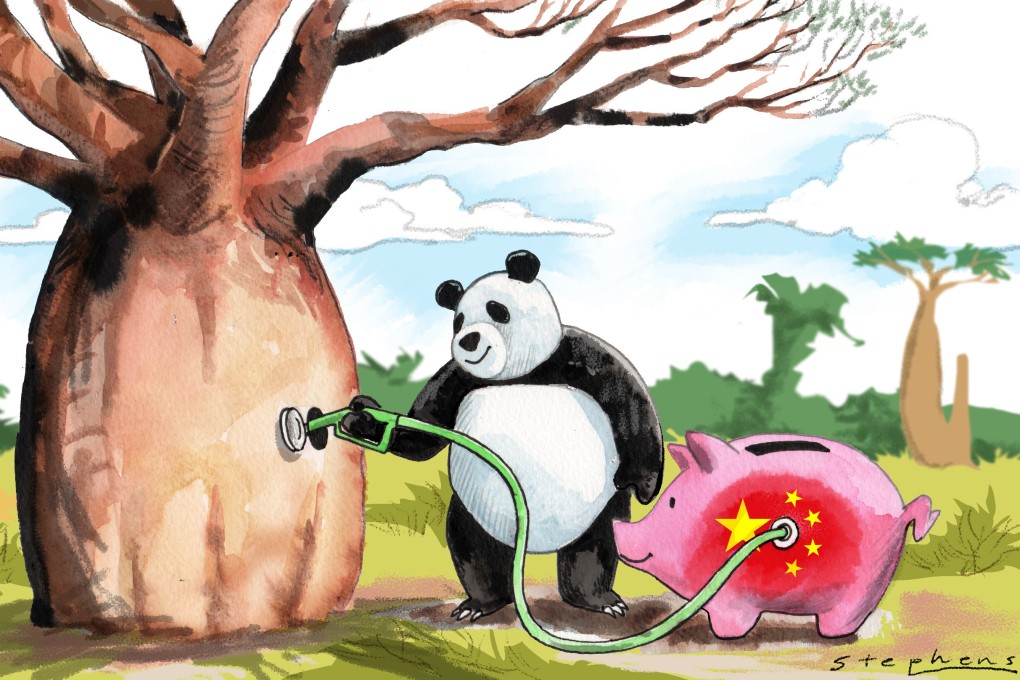Advertisement
Opinion | How Chinese investment can support sustainable growth in Africa
- The pandemic has shown developing countries that they must build their own assets and tackle infrastructure bottlenecks in sustainable ways
- Now is a good time to revamp China-Africa collaboration to reflect the pandemic’s lessons, to ensure aid or development cooperation is demand-driven
Reading Time:4 minutes
Why you can trust SCMP
5

The eighth Forum of China-Africa Cooperation took place recently in Dakar, Senegal. At past forums, China has announced large development-financing packages.
But this year, President Xi Jinping opened the forum by pledging another billion doses of Covid-19 vaccines and more private-sector equity investment to Africa. This is just one sign of how profoundly the development landscape has changed in the pandemic’s wake.
Covid-19 has forced policymakers and development professionals to regroup and rethink their approaches. The continued emergence of new variants, together with the increasingly obvious consequences of climate change, has reminded us of how little control over nature humans really have. Travel restrictions and trade disruptions have highlighted the risks that lie in global interdependence.
Advertisement
This brings us to the first critical lesson of the pandemic: development starts at home. Rather than depending on cross-border flows, countries must recognise and build their own wealth – that is, the assets and endowments that lie within their borders.
In the past, wealth has not received nearly enough attention from economists and policymakers. For starters, evaluations of debt sustainability – such as the joint International Monetary Fund-World Bank Debt Sustainability Analysis framework – tend to focus narrowly on liabilities without taking adequate account of the asset side of the public-sector balance sheet.
Advertisement
On the positive side of the ledger, flows such as GDP have attracted far more attention than stocks of assets and net worth.
Advertisement
Select Voice
Select Speed
1.00x

